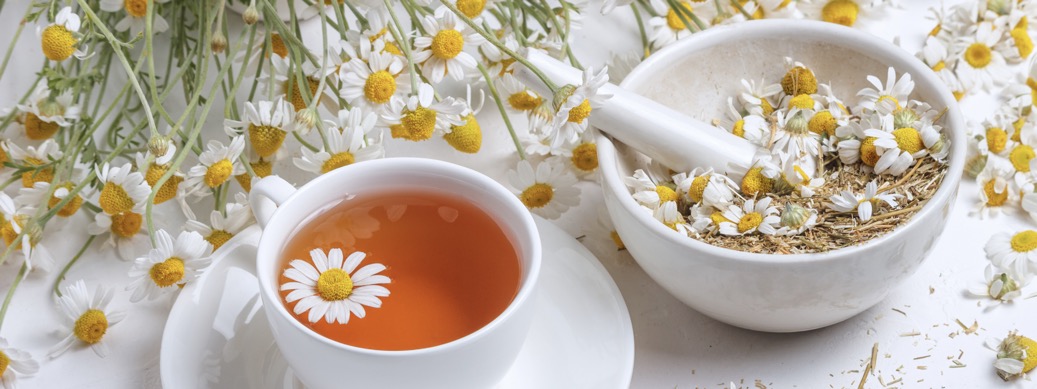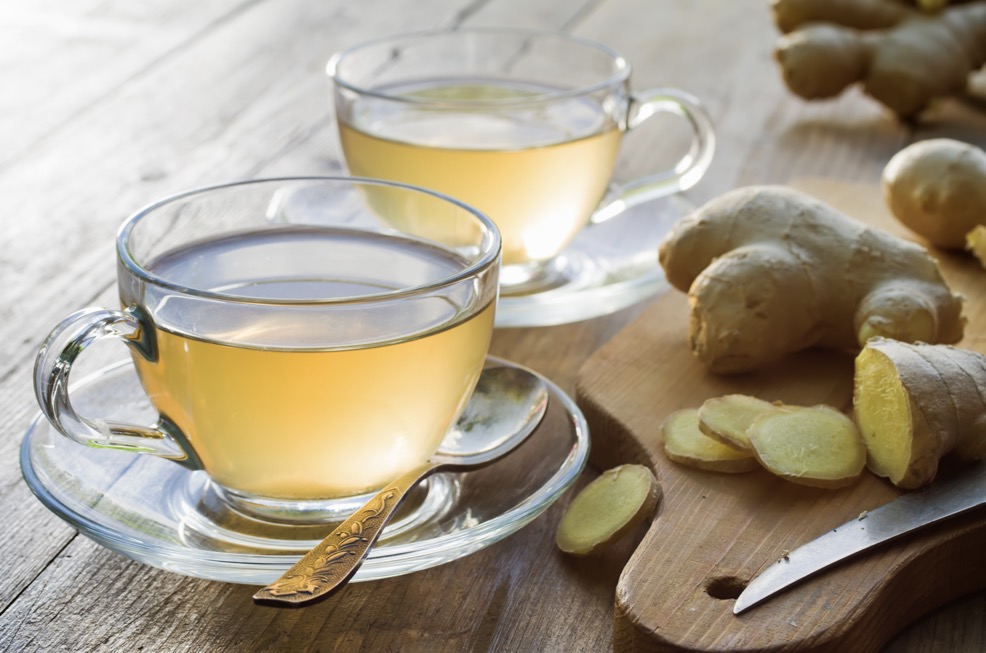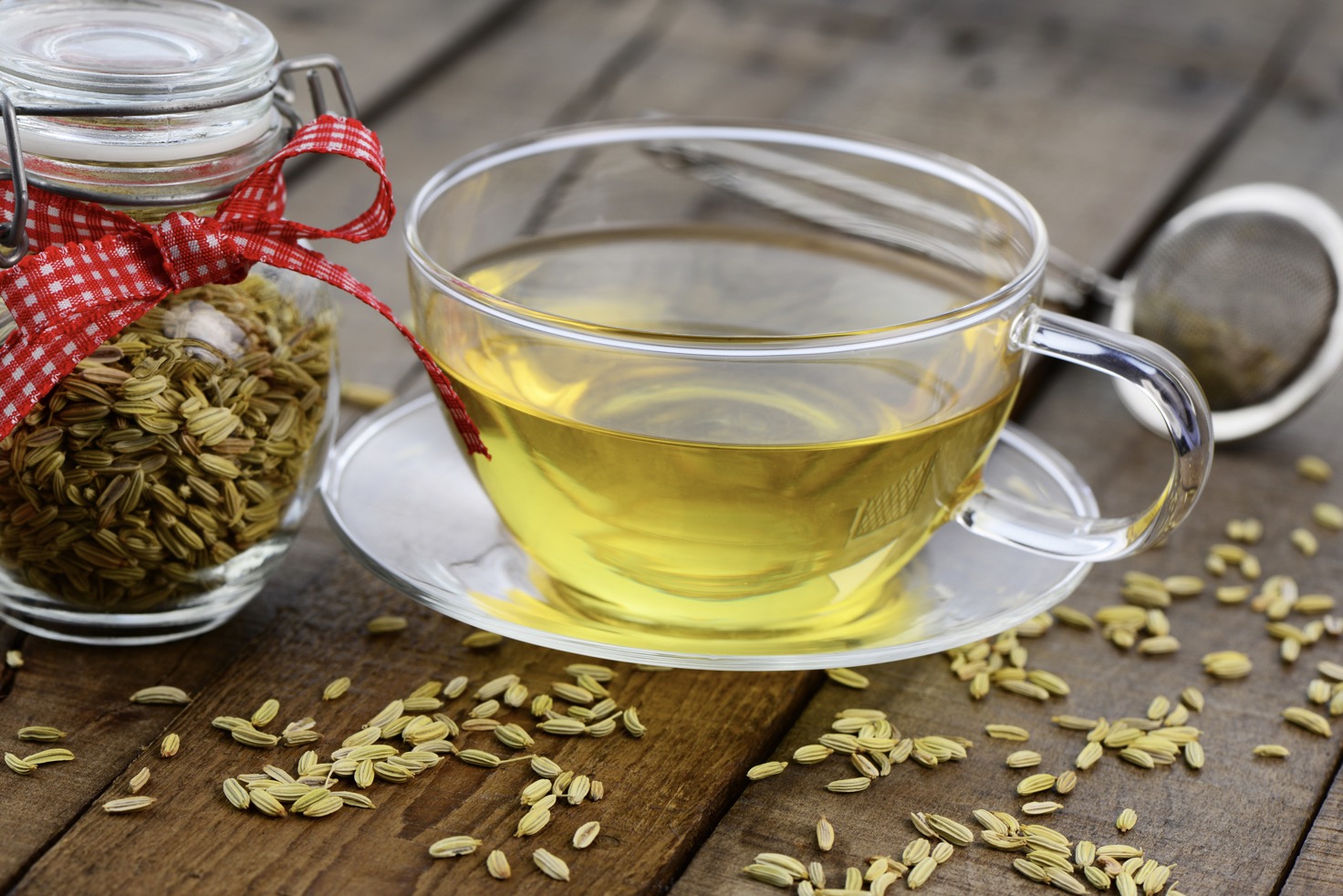Natural treatments for indigestion
Bloating is a symptom that appears most frequently on my client intake forms. It’s also known as dyspepsia or indigestion. Bloating often goes in hand with a general feeling of discomfort and usually causes distention of the abdomen, colloquially referred to as having a “food baby”. There may also be excess burping and flatulence.
According to the stats, around 30% of people have this symptom. Just because it’s common, though, doesn’t mean it’s normal. You don’t have to accept bloating as your lot in life. Bloating is uncomfortable, distressing and annoying. It dictates what you eat and what you wear. Goodbye designer jeans and hello yoga pants.
In a previous post, Lasting relief from bloating, I explored underlying causes and suggested treatment approaches. ** It’s worthwhile emphasising that although most bloating is not life-threatening, it is sometimes an early warning of more serious things like cancer. Make sure your GP investigates any persistent bloating.
Herbal teas are an inexpensive, well-tolerated, and effective way to get relief from bloating. Knowing a few little tips on how best to prepare them will see you get superior results.
Are they curative? I’m always hesitant to use that word, but they can provide quick relief for simple, uncomplicated bloating. However, if complex underlying health conditions drive your bloating, you’ll probably need to do more.
How herbal teas work for bloating
Carminative
Not as I first thought when I started learning about herbs “calmative”! This action gets its name from the artist’s red pigment – carmine. This is because carminative herbs improve blood supply to an area (increased redness). Better blood supply usually equals better function.
Carminative herbs are helpful for underactive stomachs that bloat and grumble uncomfortably after a meal.
Most culinary herbs are carminative in action. It’s one of the reasons they have been added to foods for hundreds of years.
Antispasmodic
Now, these are the “calming” ones. Antispasmodics help to release tension. These herbs often temporarily increase flatulence as the muscles in the digestive tract relax and release trapped gas.
Bitters
Throughout the digestive tract, there are receptors for “bitter” molecules. Consuming bitter plants helps to optimise bile release. Bile is a natural laxative—helpful in bloating, resulting from sluggish bowel movements/constipation. Bitters also stimulate stomach acid. Having adequate stomach acid means food doesn’t sit in your stomach for too long and causes fermentation.
Prokinetic
Prokinetics regulate the motility of contractions in the digestive tract to keep things moving.
5 Herbs for bloating
Here are five of my favourite herbs for bloating that can be drunk as herbal tea (infusion) and are readily available.
Chamomile
Chamomile ticks all the herbal action boxes when it comes to bloating. It’s mildly bitter, carminative, antispasmodic and prokinetic. Chamomile also has a balancing action on stomach acid.
A cup of chamomile tea 30 minutes after your evening meal helps reduce bloating and helps relax you for sleep. It’s also useful for women who get pre-menstrual bloating and can help with mild cramps (you’ll need small cups regularly throughout the day).
Chamomile combines beautifully with fennel and lemon balm.
Lemon balm
Lemon balm is a member of the mint family that is both carminative and antispasmodic. It also can help calm an anxious brain, so if you’re bloating is IBS like in character, Lemon balm would make a helpful ally.
Ginger
Ginger is a familiar taste to most people. This aromatic digestive is carminative and antispasmodic and is one of the best natural pro-kinetics. Although not a bitter herb, ginger promotes the secretion of gastric juices, which improves the breakdown of food.
Ginger is a heating herb so go easy on this one if you have a “hot constitution”. You can use either fresh or dried ginger.
Peppermint
Ancient Egyptian physicians recognised the virtues of peppermint for stomach pains and bloating. This well-known member of the mint family is both spasmolytic and carminative.
Peppermint is helpful to relieve bloating caused by trapped gas and where there is excess flatulence. It’s also indicated if you get drowsy after meals.
Because it is a relaxing herb, don’t have your peppermint tea directly after meals. It slows down peristalsis. The relaxing action also means it’s not suitable for those with reflux and GORD as it will relax the lower oesophageal sphincter.
Enjoy peppermint between meals. Peppermint strongly inhibits the absorption of iron so take it away from iron-rich foods and iron supplements.
Fennel
Fennel is strongly carminative and mildly antispasmodic. It’s one of my favourite remedies for reliving bloating as long as you enjoy the delicate aniseed flavour. Along with bloating, fennel is also helpful for nausea and IBS like symptoms.
Fennel also helps support the pancreas and can help if carbohydrate digestion is poor. Bloating can be a result of the inefficient digestion of carbohydrates.
Where to buy
As with many things, the better quality, the better result. You want dried herbs that are no more than a year old. After this, they lose potency. Buy in smaller quantities to ensure freshness.
I use two Australian retail suppliers for dried herbs: Mudbrick Cottage & Austral Herbs. I have no affiliation with either of these companies, but I find them to have excellent quality herbs.
Preparation
When making tea infuse two teaspoons per cup of boiling water and leave covered for 10 minutes before sipping slowly, have up to 3-4 cups per day.
Safety
These herbs are generally considered safe for most people. Check with your health care provider if you are pregnant, breastfeeding, or taking medications.
Don’t like teas? You don’t have to miss out. These are all available in liquid form. Chat to your local herbalist or Naturopath to find out more.

Need help with
Norelle Hentschel is an experienced naturopath with a clinic in Stones Corner, South East Brisbane and Telehealth consults Australia wide. She has helped many women banish the bloat by treating the underlying cause and improving digestive function.
Want more articles like this?
Receive a monthly digest of natural health information to help you become “health” sufficient!
PS. Your inbox real estate is precious, and we will never annoy you with sales pitches or share your details with anyone else. One email a month — that’s it.



